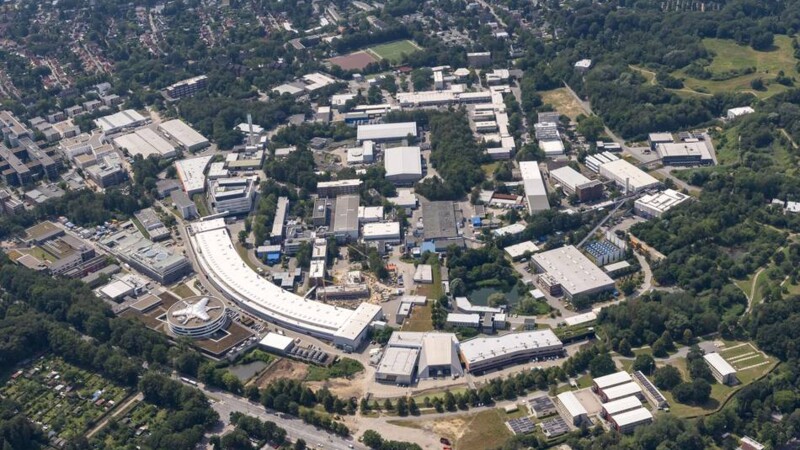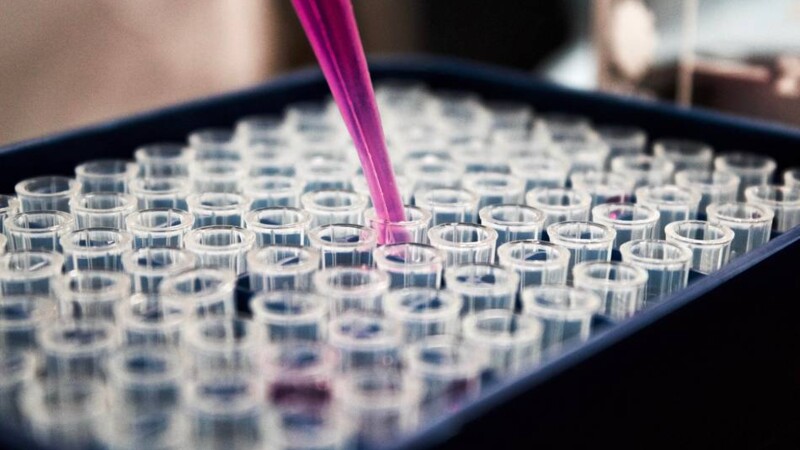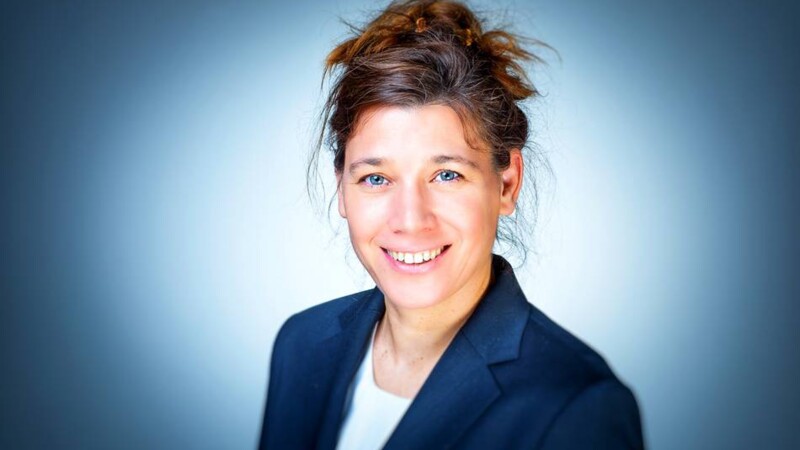Projects in Hamburg have received around EUR 255 million since the EU’s “Horizon 2020” programme began in 2014. “The latest three awards are renewed *proof of Hamburg’s excellence as a centre of science. A total of 35 ERC Advanced Grants awarded to Germany in this round is a very good rate,” said Katharina Fegebank, Senator for Science, Research and Equality. Around 185 projects out of 1,881 submitted were considered for the grant. Germany is in first place with 35 ERC-Advanced Grants, ahead of Britain with 34 and France with 21.
Three of 35 research fellowships awarded by the European Research Council (ERC) to scientists in Germany will go to three projects in Hamburg, a press release said Wednesday (April 1, 2020). The ERC-Advanced Grants recognise outstanding scientific achievement and will provide the recipients with up to EUR 2.5 million in funds over a five-year period. One research project at the University of Hamburg focuses on poetry in the digital age while another researches how acute pain becomes chronic. The third project investigates how the function of natural killer cells can be regulated.
Hamburg’s top research well ahead
Promising research projects
Prof. Marcus Altfeld of the Heinrich-Pette-Institute is receiving the ERC-Advanced Grant for his project entitled, Regulation of Natural Killer Cell Function (RegNK), which investigates the binding of Natural Killer (NK) cell receptors to specific molecules and their influence on human diseases e.g. hepatitis B. A project that analyses “Poetry in the Digital Age” headed by Prof. Dr. Claudia Benthien at the University of Hamburg is also being funded. The pain researcher, Prof. Dr. Christian Büchel at the University Hospital Hamburg-Eppendorf, is also receiving funds for his project called “PainPersist” which investigates how acute pain becomes chronic. Around 12 million people in Germany alone live with chronic pain, according to the German Pain Society.
js/pb
Sources and further information
More
Similar articles

DESY celebrating 60th anniversary in 2020

"Wissenschaftskolleg" to pave the way for cutting-edge research

